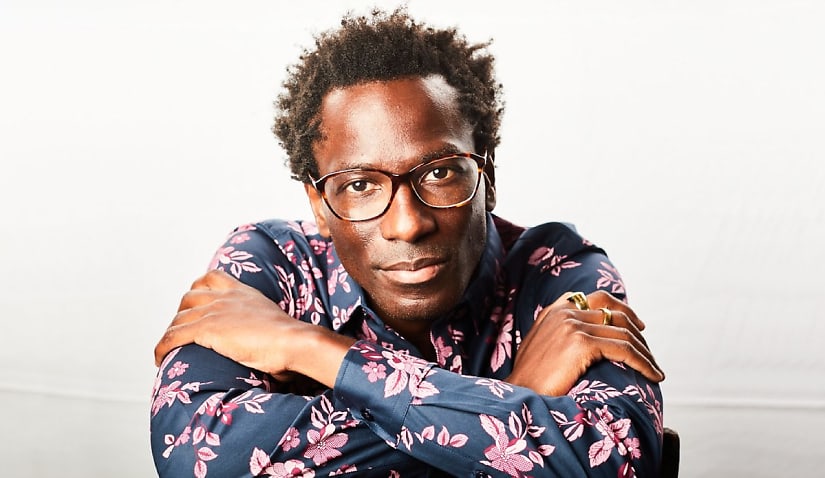This Australian-qualified lawyer from Zimbabwe spoke of the workplace culture perpetuating the disempowerment of those from underprivileged backgrounds and illuminated the path forward.

Recently on Legal Lightbulbs, Rugare Gomo, a lawyer turned high-performance life and business coach, spoke about the “don’t ask” culture plaguing corporate Australia and how opening up the conversation must come from the top down.
One of the first barriers he faced in his career was getting into a law firm. As an international student, he was unable to apply for a graduate position, so he started off in the mail room of Maddock’s Lawyers and was later offered a clerkship.
Coming from a completely different culture and society, Mr Gomo found it difficult to settle into his workplace — there were things unique to his circumstance that separated him from his colleagues.
“I felt ostracised,” he explained, because he lacked communication about the things that differentiated him from his peers, and as a result, he felt disempowered.
Mr Gomo spoke of an example: “Sometimes you’re asked to go and take a taxi, pay with your own money and be reimbursed by the business. I didn’t have the money for that — it was being sent home for my sister’s education, to support my mum and dad. It’s a shame to say, ‘I don’t have that money’.”
“How could an Australian-qualified lawyer that people respect, not be able to afford a taxi? That was very difficult to talk about.
“I didn’t have the freedom and the courage to have those conversations because I thought it would ostracise me.”
It’s considered abnormal in the legal profession to not have that kind of money available, he reflected, it’s an elite profession, and many lawyers come from families that have finances.
The conversation was never available at the time; he said, “nobody asked me what my circumstances were.”
“I think it’s a cultural phenomenon in Australia,” he reflected. “I don’t think the lack of asking is limited to law firms; I think it’s corporate Australia in general — we don’t go there.”
“A person who is very disempowered needs help to be empowered to fulfil the role with confidence and self-belief.
“Developing the skills for employers and leaders to actually ask the questions would make a huge difference in elevating people’s self-esteem, confidence and results at work.”
“But my experience as a high-performance life and business coach indicates that most leaders and business owners don’t have that skill set.”
Leaders have to learn to start being vulnerable, he said; oftentimes, leaders take the disposition that they’ve got it all handled, which makes everybody else in the organisation to not have the freedom to be open and vulnerable and share authentically.
“One of the things that I feel corporate Australia doesn’t do well yet is being vulnerable and authentic.
“To get high performance, or to get a great culture in a workplace, leaders must learn to be open and vulnerable — period.
“It’s the only way their employees or team can give themselves permission to explore different kinds of conversations,” Mr Gomo stated.